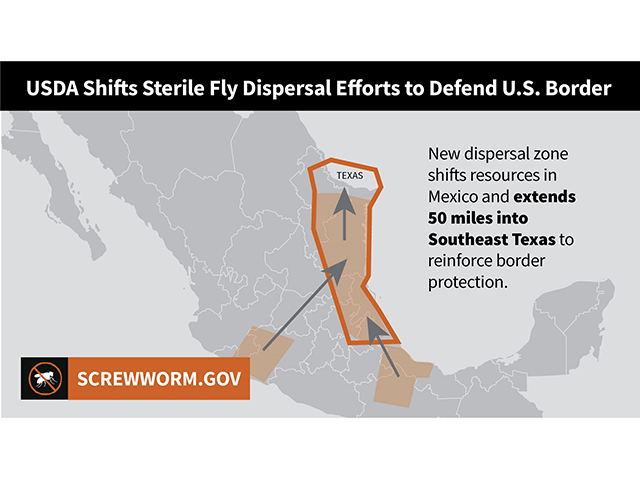US Says North Korea Has Not Responded To Attempts To Discuss American Soldier Who Ran Across Border
SEOUL, South Korea (AP) -- North Korea hasn't responded to U.S. attempts to discuss the American soldier who bolted across the heavily armed border, officials in Washington said, underscoring that the serviceman's prospects for a quick release are unclear at a time of high tensions and inactive communication channels.
Pvt. Travis King, who was supposed to be on his way to Fort Bliss, Texas, after finishing a prison sentence in South Korea for assault, ran into North Korea while on a civilian tour of the border village of Panmunjom on Tuesday. He is the first known American held in North Korea in nearly five years.
"Yesterday the Pentagon reached out to counterparts in the (North) Korean People's Army. My understanding is that those communications have not yet been answered," Matthew Miller, a spokesperson for the U.S. State Department, told reporters Wednesday in Washington.
The U.S. and North Korea, who fought during the 1950-53 Korean War, are still technically at war since that conflict ended in a truce, not a peace treaty, and have no diplomatic ties. Sweden provided consular services for Americans in past cases, but Swedish diplomatic staff reportedly haven't returned since North Korea ordered foreigners to leave the country at the start of the COVID-19 pandemic.
P[L1] D[0x0] M[300x250] OOP[F] ADUNIT[] T[]
Miller said the State Department has reached out to officials in South Korea and Sweden. Jeon Ha-kyu, a spokesperson of South Korea's Defense Ministry, said Thursday his ministry is sharing information with the American-led U.N. Command in South Korea, without elaborating.
Currently, there are no known, active dialogues between North Korea and the U.S. or South Korea.
The motive for King's border crossing is unknown. A witness on the same tour said she initially thought his dash was some kind of stunt until she heard an American soldier on patrol shouting for others to try to stop him.
King's family members said the soldier may have felt overwhelmed by legal trouble in South Korea that could lead to a discharge from the military.
King, 23, was serving in South Korea as a cavalry scout with the 1st Armored Division. He was released earlier this month from prison. In February, a Seoul court fined him 5 million won ($3,950) after convicting him of assaulting someone and damaging a police vehicle, according to a transcript of the verdict obtained by The Associated Press. The ruling said King had also been accused of punching a man at a Seoul nightclub, though the court dismissed that charge because the victim didn't want King to be punished.
On Monday, King was escorted to the airport -- but left before boarding his plane. It wasn't clear how he spent the hours between that moment and when he joined the Panmunjom tour Tuesday. The Army realized he was missing when he did not get off the flight in Texas as expected.
North Korea has previously held a number of Americans who were arrested for anti-state, espionage and other charges. But no other Americans were known to be detained since North Korea expelled American Bruce Byron Lowrance in 2018. During the Cold War, a small number of U.S. soldiers who fled to North Korea later appeared North Korean propaganda films.
"North Korea is not going to 'catch and release' a border-crosser. ... However, the Kim regime has little incentive to hold an American citizen very long, as doing so can entail liabilities," said Leif-Eric Easley, a professor at Ewha University in Seoul.
"For Pyongyang, it makes sense to find a way of extracting some compensation and then expel an American for unauthorized entry into the country before an isolated incident escalates in ways that risk North Korean diplomatic and financial interests," he said.
Other experts say North Korea won't likely easily return King as he is a soldier who apparently voluntarily fled to North Korea, though many previous American civilian detainees were released after the United States sent high-profile missions to Pyongyang to secure their freedom.
King's case happened as North Korea has stepped up its criticism of the United States over its recent moves to bolster its security commitment to South Korea. On the day of King's border crossing, the U.S. deployed a nuclear-armed submarine in South Korea for the first time in four decades. North Korea later test-fired two missiles with the potential range to strike the South Korean port where the U.S. submarine docked.



